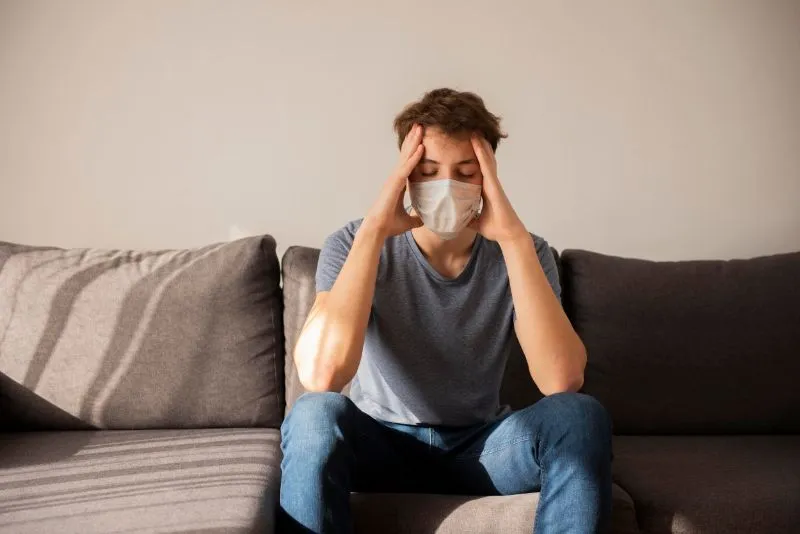The number of infected coronavirus patients across the US has reached a colossal level of more than 200,000. The federal government and CDC are asking citizens of all states to stay home as much as possible. According to recent research, more data is coming in about the seriousness of the spread caused by infected individuals who aren’t even presenting any symptoms. Since it is difficult and time-consuming to launch nationwide testing, precautionary measures should be taken for everyone’s safety.
Top officials throughout the world are suggesting that wearing masks at all times can help in curbing the spread. Although there is little chance that the infection can be contained through this, it is still among the only few viable preventions that may help save lives. If you're not already a diagnosed coronavirus patient or a health worker in any capacity, try staying away from shared spaces, and keeping your nose and mouth covered. The disease is still spreading even after isolation and lockdown around the globe, and it is in everyone's interest to take necessary action to stop the spread, however possible.
The CDC just released a report confirming that around 25% of coronavirus patients are those who show no symptoms at all. They are the ones fueling the spread without being aware. The Centre for Disease Control and Prevention also suggests that even in case of mild symptoms, the patient should rest at home, making sure to avoid coming in contact with people around them. If the symptoms get worse and start to present in the form of shortness of breath and/or any chest pains, look for online help through various web health portals like Cura4U. Such telemedicine platforms are offering online appointments and lab testing facilities to help people everywhere. Rushing to the hospital should be the last on your to-do list.
While reports of the COVID-19 contagion keep pouring in, the medical community has yet to come up with a decisive opinion about it. There is still a lot that we need to know before anything absolute can be said about the infection. This is still a very new and unfamiliar virus, and it will take time and research before we can find a cure or any vaccination.
There is already a shortage of facemasks and sanitizers in the market. The frontline healthcare workers deserve to get the maximum help to stay safe, as they are the ones who are most at risk of contracting the infection. Doctors, nurses, and hospital staff are dying all around the world, and the ones infected can spread it to their families. It is extremely tragic, and with a limited number of health workers, there'll be more casualties. The public can help them and the diagnosed patients by staying indoors and by practicing social distancing. Especially older people and patients of underlying diseases can benefit hugely from this decision.
With less person-to-person encounters, the disease has a lesser chance of spreading. If people keep a distance of around 6 feet while in public spaces, they have a higher chance of preventing the infection. Physicians and global healthcare organizations are spreading the awareness of optimum hand hygiene to fight the coronavirus pandemic. Wash your hands every 20 minutes and avoid touching your mouth, nose, or eyes and even any surfaces if you have shared spaces inside your own homes. This virus is spread through respiratory droplets that are released through coughing, sneezing and even talking loudly. Keep your mouth and nose covered. Do not shake hands; instead, go for air high fives or fist bumps from a distance to greet others.
Not having any symptoms doesn’t guarantee your or your loved one’s safety. A little care and precaution now can be monumental in containing the coronavirus infection. In case of emergencies or queries, try online doctor appointments and booking lab tests/imaging services from home.












